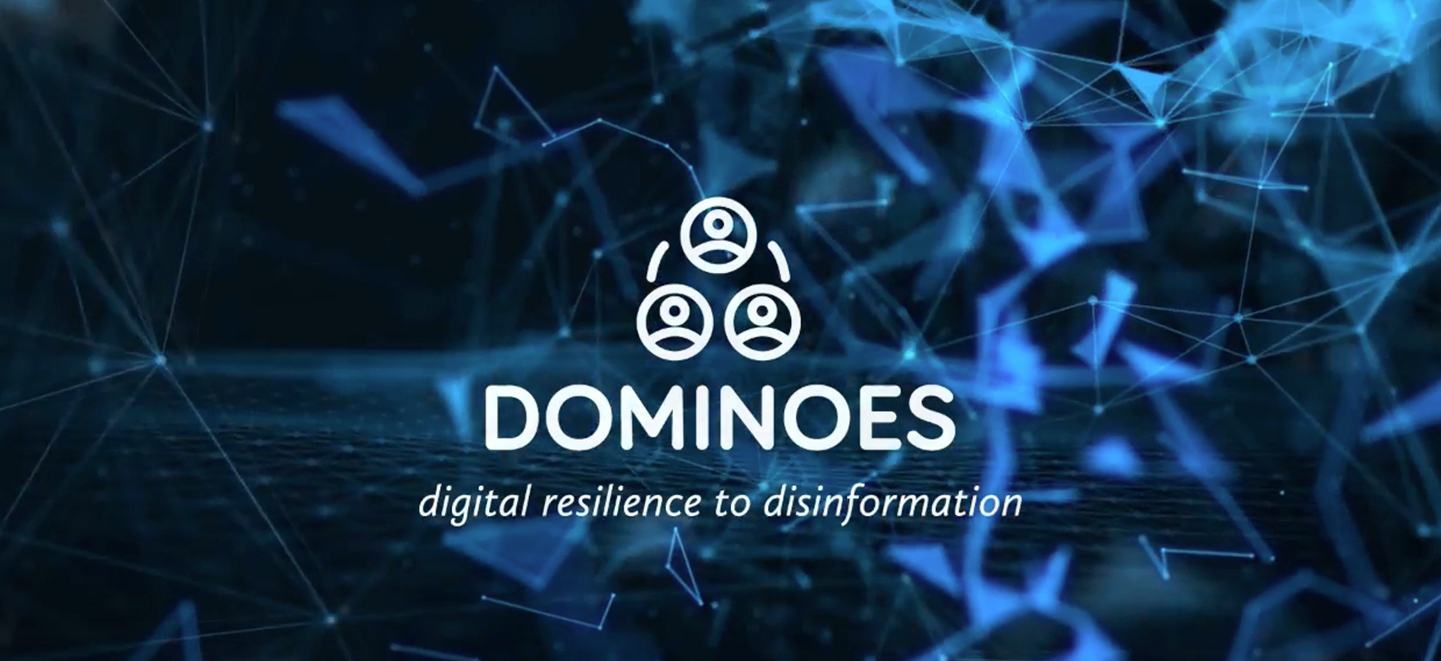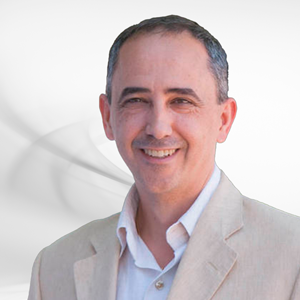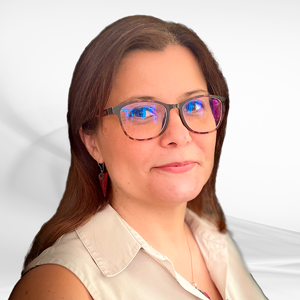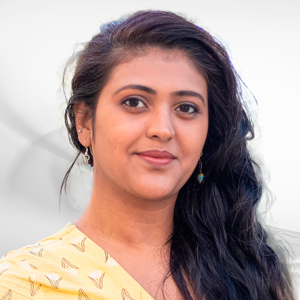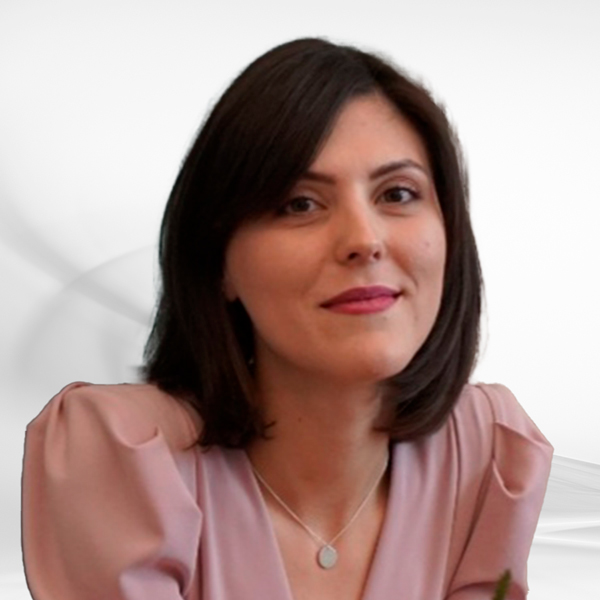Digital Resilience Against Disinformation (DOMINOES)
About this course
Disinformation and misinformation are a growing problem affecting citizens, institutions and the general functioning of
society.
To combat this phenomenon, we need to develop a social resilience that prevents public discourse and debate from being
distorted, the credibility of institutions from being undermined and the functioning of democratic processes from being
disrupted. And this is the task of all of us.
The strategies and techniques used in disinformation processes are becoming increasingly sophisticated and difficult to
detect. As citizens, we need to be able to recognise and assess misinformation spread in online environments in order to
respond appropriately.
The DOMINOES MOOC will enable you to strengthen your digital resilience to disinformation and improve some of the key
competences defined in the Digital Competence Framework for Citizens.
By the end of this online course, you will better understand what disinformation is in the current technological
context, how it works, what its impact is and what measures can be taken to combat it.
To this end, DOMINOES provides you with numerous examples, case studies, lessons learned and best practices, simulations
and a guide on what still needs to be done and what the biggest challenges are in the fight against disinformation.
We are looking for citizens, students and teachers of social and security sciences who are interested in learning more
about the current information system and are engaged in the fight against disinformation.
We need you. Is the duty of each one of us.
The course is developed in collaboration between: “Mihai Viteazul” National Intelligence Academy (MVNIA) – Romania,
Ciberimaginario Research Group of the University Rey Juan Carlos– Spain, L-Università ta’ Malta, and New Strategic
Center – Romania.
The course is a result of the project DOMINOES, Digital cOMpetences INformatiOn EcoSystem and Strategic partnership project within ERASMUS+ Programme AGREEMENT NO. - 2021-1-RO01-KA220-HED-000031158
What you are going to learn
- Gain a comprehensive perspective on the information environment from a vantage point that focuses on the security of
citizens and the state.
- Recognise the new threats associated with the emergence of new technologies.
- Improve the ability to recognise this phenomenon and avoid falling into the trap of spreading disinformation online.
- Assess the impact of Fake News on society and democratic processes.
- Understand the role of social media platforms in the fight against the spread of online disinformation.
- Enhance the ability to combat disinformation by providing general guidance on planning, designing and implementing
counter-narratives and positive narratives.
- Understand, through simulated scenarios, that the fight against disinformation is a shared responsibility of all
citizens and requires a series of decisions that can favour or contain its spread and its impact on our democratic
systems.
Course staff
Faculty
Rubén Arcos, Ph.D. |

Associate professor [professor contratado doctor] at the School of Communication Sciences of URJC, and a researcher at
the Cyberimaginario group. He serves as Vice Chair of the Intelligence Studies Section at the International Studies
Association. Arcos is a member of the expert pool on information of Hybrid CoE and has been appointed national member in
the NATO/STO research task group SAS-189 “Anticipatory Intelligence for Superior Decision Making”. He is co-principal
researcher of the projects EU-HYBNET, DOMINOES, and INSET. He is co-editor of the Routledge Handbook of Disinformation
and National Security.
Manuel Gertrudix, Ph.D. |

Professor of Digital Communication at the Rey Juan Carlos University, coordinator of the Cyberimaginary research group, and co-editor of the scientific journal Icono14. Specialist in digital communication and elearning he has participated in seventeen competitive national and international research projects. He has an extensive scientific production with more than 100 publications among research articles, book chapters and monographs.
Professor of Digital Communication at the Rey Juan Carlos University, coordinator of the Cyberimaginary research group,
and co-editor of the scientific journal Icono14. Specialist in digital communication and elearning he has participated
in seventeen competitive national and international research projects. He has an extensive scientific production with
more than 100 publications among research articles, book chapters and monographs.
Cristina Ivan, Ph.D. |

Cristina Ivan is Director of the National Institute for Intelligence Studies, “Mihai Viteazul” National Intelligence
Academy in Romania and a researcher in security and intelligence studies. She holds a PhD in cultural studies. She also
has worked as an intelligence analyst. Over the past 15 years she has specialized in the cultural study of violence, radicalization and terrorism, propaganda
and disinformation, critical intelligence studies etc. She has taken an active part in European funded projects such as:
EU-HYBNET, DOMINOES, CARSIMAND, ARMOUR
Irena Chiru, Ph.D. |
Professor of intelligence studies at “Mihai Viteazul” National Intelligence Academy Romania and the chair of the
International Association for Intelligence Education – European Chapter. In the last 20 years, she has taught more than
200 scientific seminars and colloquia and given more than 30 educational talks on strategic communication and its impact
on intelligence organizations. She has also coordinated research teams involved in research projects dedicated to
security and intelligence (CITY COP – H2020, CARISMAND – H2020, ESSENTIAL – EJD, CRESCEnt – ERASMUS+, ARMOUR – DIGI
Home.).
Aitana Radu, Ph.D. |
Lecturer at the University of Malta and the Security Research Coordinator within the Department of Information Policy &
Governance. Her research focuses on different aspects of security science, such as open source intelligence and
intelligence oversight. She has also worked in over 15 EU-funded projects, focusing mostly on radicalisation,
intelligence analysis, judicial procedures and law enforcement practices.
Ruxandra Buluc, Ph.D. |

Senior researcher at the National Institute for Intelligence Studies in “Mihai Viteazul” National Intelligence Academy.
Her main research interests are strategic communication, disinformation, conspiracy theories and security culture. She
works in European-funded projects which are aimed at building security culture and resilience to disinformation and
radicalization.
Kanchi Ganatra, Ph.D. |
Political anthropologist specializing in the field of migration within the EU. She holds a Bachelor's degree in
Psychology from University of Mumbai and a Master's degree in Anthropology from Tallinn University, Estonia. Kanchi is
presently based at University of Malta, where she works as a Research Support Officer. In her current role, she works
primarily on EU-funded research projects addressing a wide range of critical topics; including migration,
disinformation, radicalization, prevention of sexual violence, and human trafficking, among others.
Valentin Stoian Iordache, Ph.D. |

Valentin Stoian is a researcher with the "Mihai Viteazul" National Intelligence Academy. He holds an MA and PhD in
political science from the Central European University. His research interests comprise intelligence theory, political
institutions, democratic oversight of intelligence institutions and the ethics of intelligence action.
Alexandra Anghel (Mrs) |

Young researcher at the ”Mihai Viteazul” National Intelligence Academy since 2015. She holds a B.A. in Security Studies
and Intelligence from the “Mihai Viteazul” National Intelligence Academy and a M.A. in Integrated Intelligence Analysis
from the the “Mihai Viteazul” National Intelligence Academy, Bucharest. She is pursuing a Ph.D. in Sociology, at the
Doctoral School of Sociology, University of Bucharest with a thesis on recruiting processes used by military
institutions to attract young generations. She has published on Intelligence and Security Studies and has been involved
in several European funded project such as CARISMAND, ESSENTIAL, CITYCoP, THESEUS, ARMOuR etc.
Ana Cuca (Ms) |
Ana Ćuća is a Research Support Officer at the Department of Information Policy & Governance at the University of Malta.
Specialised in protection of refugees and criminalisation of humanitarian assistance, she is currently working on topics
such as migration, security and disinformation. She holds a Master's degree in Human Rights with Clinical Specialisation
from the Central European University and a Political Science degree from the University of Zagreb.
Roberta Raducu (Ms) |
Roberta Răducu, Ph. D., is assistant professor at SNSPA and communication expert with New Strategy Center. Her research
interests cover topics like generational communication on media devices, generational experiences with media devices,
disinformation and propaganda narratives in the Balkans area, crisis communication and social image formation.
Cristina Arribas, Ph.D. |
Researcher at Ciberimaginario Research Group within University Rey Juan Carlos, (Spain) and candidate PhD. She holds a
Bachelor in History and a Bachelor Degree in East Asia Studies. She also obtained a Master Diploma in Intelligence
Analyst. She has worked for several multinationals in the sector of telecommunications and cibersecurity as consultant
analyst.
MOOC Coordination
Manuel Gertrudix, Ph.D. |

Professor of Digital Communication at the Rey Juan Carlos University, coordinator of the Cyberimaginary research
group, and co-editor of the scientific journal Icono14. Specialist in digital communication and elearning he has
participated in seventeen competitive national and international research projects. He has an extensive
scientific production with more than 100 publications among research articles, book chapters and monographs.
Professor of Digital Communication at the Rey Juan Carlos University, coordinator of the Cyberimaginary research
group,
and co-editor of the scientific journal Icono14. Specialist in digital communication and elearning he has
participated
in seventeen competitive national and international research projects. He has an extensive scientific production
with
more than 100 publications among research articles, book chapters and monographs.
Rubén Arcos, Ph.D. |

Associate professor [professor contratado doctor] at the School of Communication Sciences of URJC, and a
researcher at
the Cyberimaginario group. He serves as Vice Chair of the Intelligence Studies Section at the International
Studies
Association. Arcos is a member of the expert pool on information of Hybrid CoE and has been appointed national
member in
the NATO/STO research task group SAS-189 “Anticipatory Intelligence for Superior Decision Making”. He is
co-principal
researcher of the projects EU-HYBNET, DOMINOES, and INSET. He is co-editor of the Routledge Handbook of
Disinformation
and National Security.
Workgroup
Mario Rajas Fernández |

Professor of Audiovisual Communication and Advertising at the Rey Juan Carlos University, co-director of the
Ciberimaginario research group and Director of the Cátedra of Spanish Cinema Flix Olé. He has been coordinator of the
Audiovisual Production Unit of the URJC and editor of Icono14 Editorial.
Alejandro Carbonel Alcocer, Ph.D. |

Dr. Carbonell-Alcocer is a postdoctoral researcher at Ciberimaginario Research Group hired at Rey Juan Carlos
University. Master's Degree in Secondary School Training in Audiovisual Communication and Multimedia specialty at Rey
Juan Carlos University.
Juan Romero Luis, Ph.D. |

Holds a PhD in communication sciences from the Universidad Rey Juan Carlos. Master in UX: Usability, Interaction Design
and User Experience at Pompeu Fabra University (UPF) (Barcelona School of Management). Member of Ciberimaginario
Research Group, in the Science of Communication department.
Alberto Sánchez Acedo |

Pre-doctoral researcher with a grant from the Community of Madrid to develop an industrial PhD at Prodigioso Volcán S.L.
Currently, he is developing his research on the creation of journalistic models with extended reality. Member of
Ciberimaginario Research Group at Rey Juan Carlos University.
Nerea Benítez Aranda |
Research assistant in Ciberimaginario Research Group at Rey Juan Carlos University. She has worked in the technical
department of the URJC through the collaborative grant «Laboratories and Studio TV».
Graduated in Audiovisual Communication at Rey Juan Carlos University and Technician in Higher Level Training Cycle in
Audiovisual Projects and Entertainment Production.



